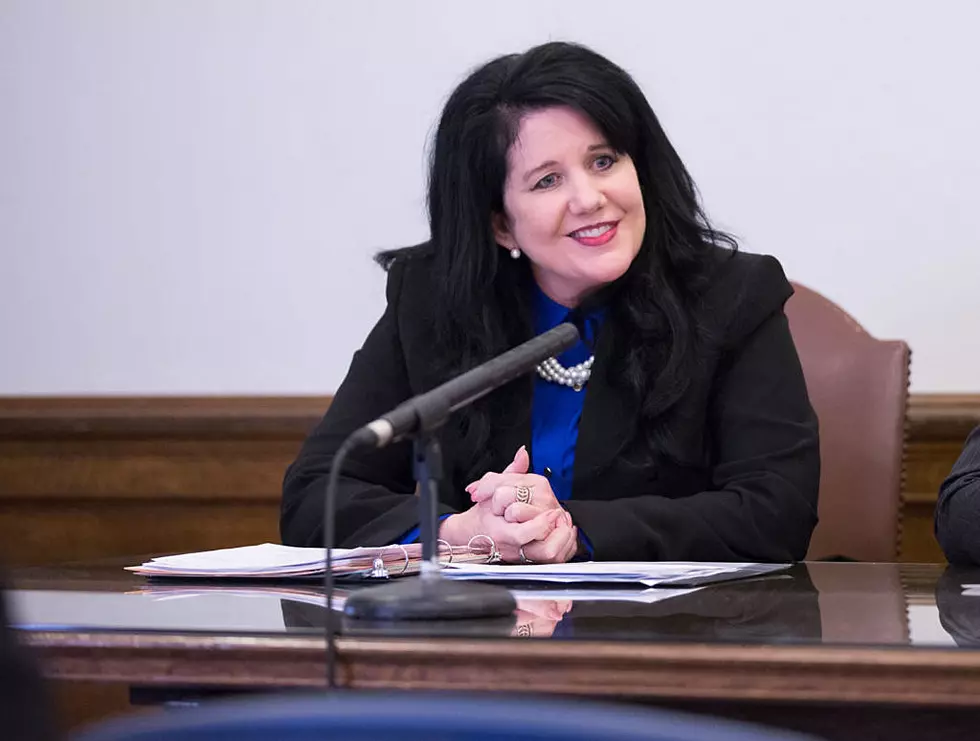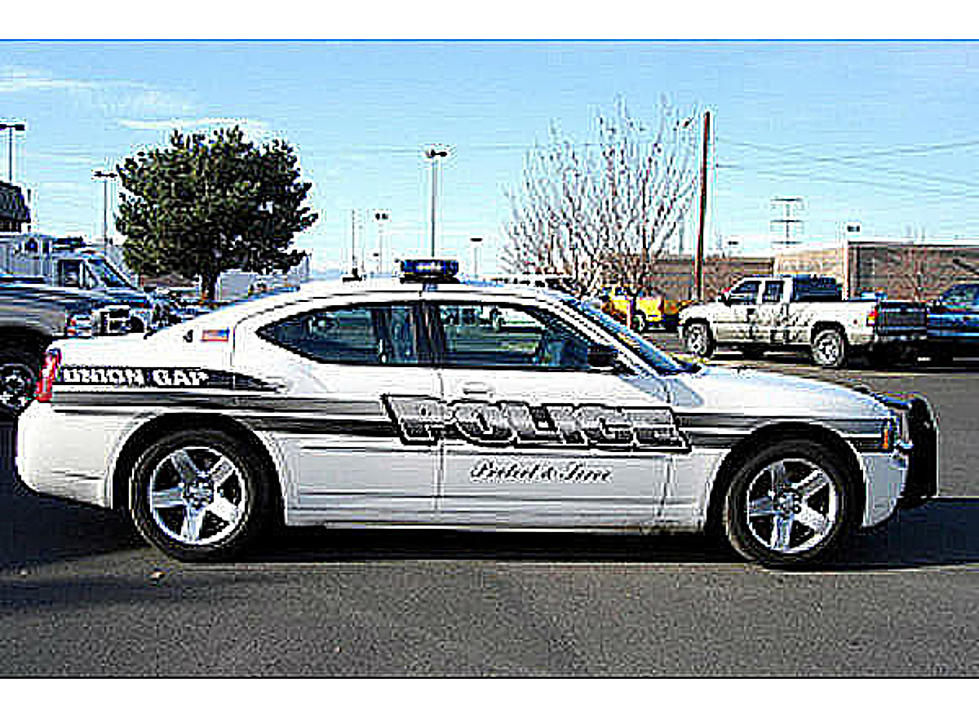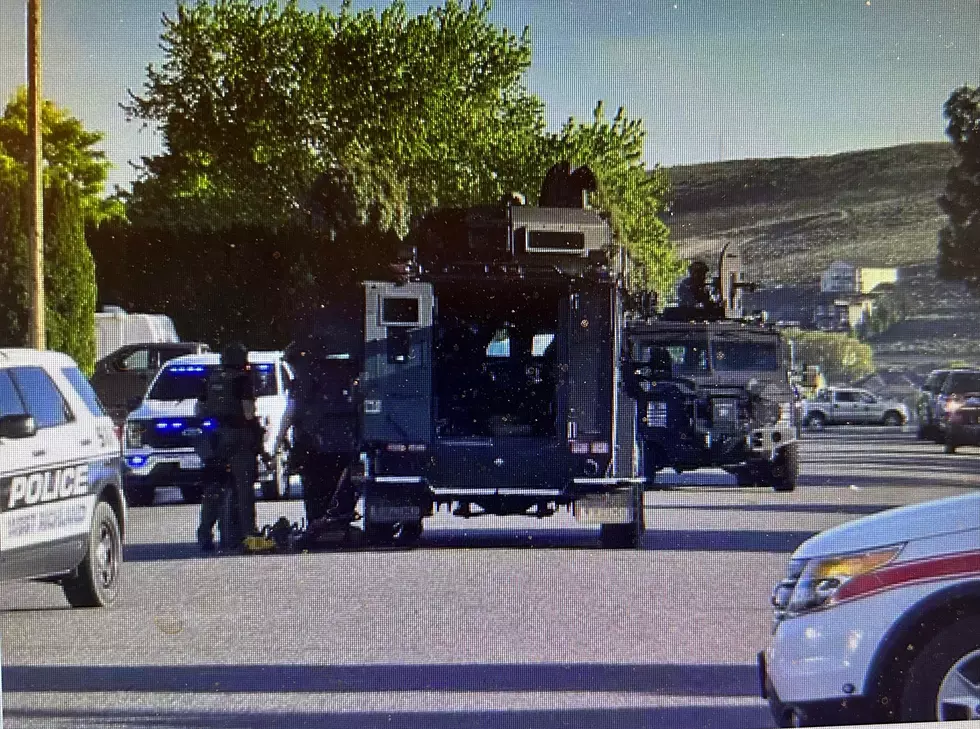
If I Could Turn Back Time–At Least An Hour!
Tonight’s the night to return to standard time… and that means this weekend we have to turn back our clocks. Experts say sleep patterns can get all messed up again and that makes everyone cranky and more accident-prone.
So you might ask, why do we do it? Daylight Savings Time was originally created around World War I as a way to save energy. But according to LiveScience, "no one really knows whether daylight saving time saves energy at all." In fact, some studies actually say these time changes increase energy consumption!
Back in 2007, the U.S. Congress made our Daylight Savings Time four weeks longer and requested a Department of Energy study into the energy impact of the policy. The study found that there was only a 0.03 percent energy savings as a result of the country's total electricity use in 2007. There was no evidence that extended daylight savings altered gasoline use at all. Since then, the U.S. has become more energy efficient, especially when it comes to electricity for light. But that all may be offset by the need for more heat and air conditioning.
More From News Talk KIT









